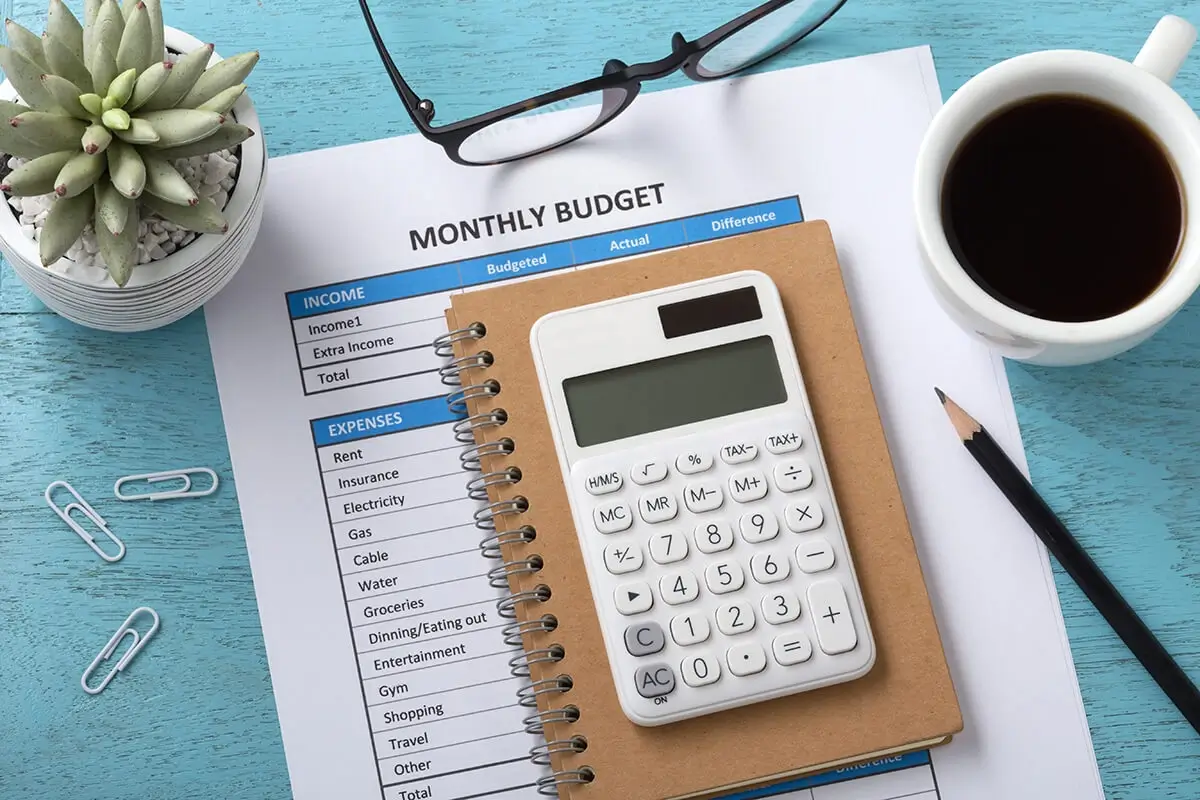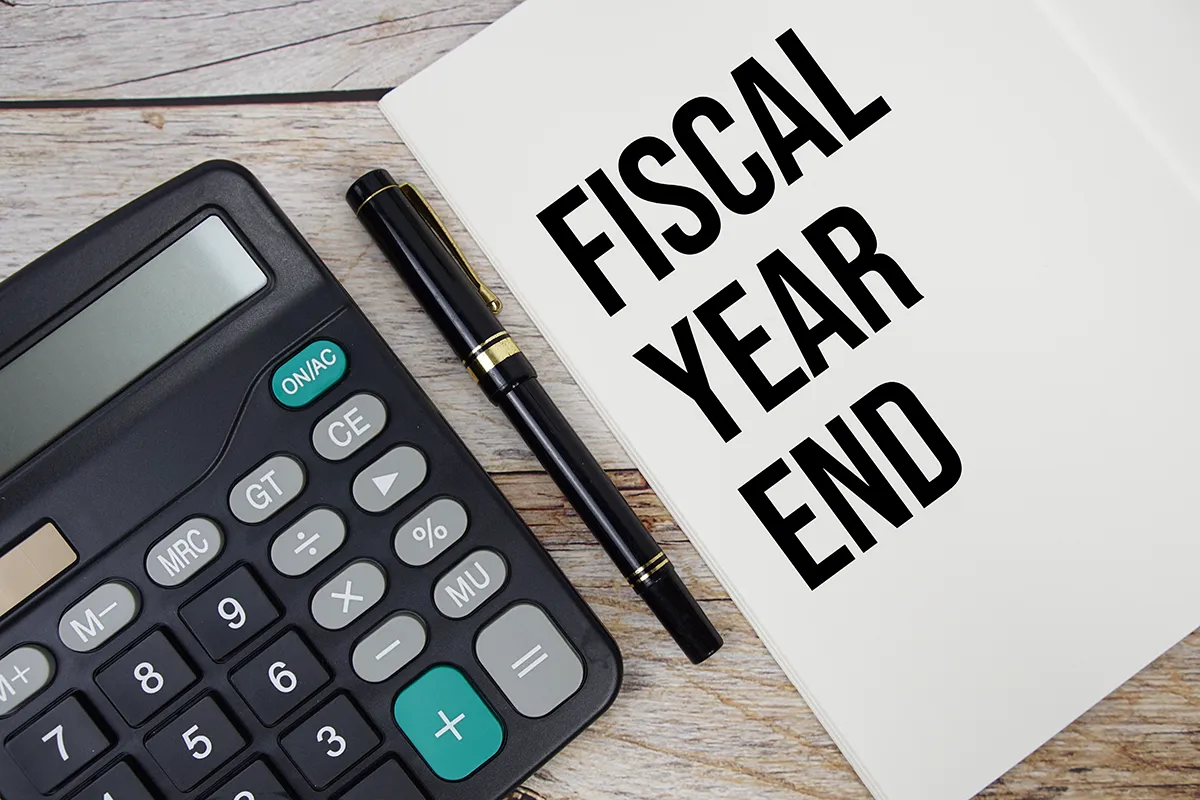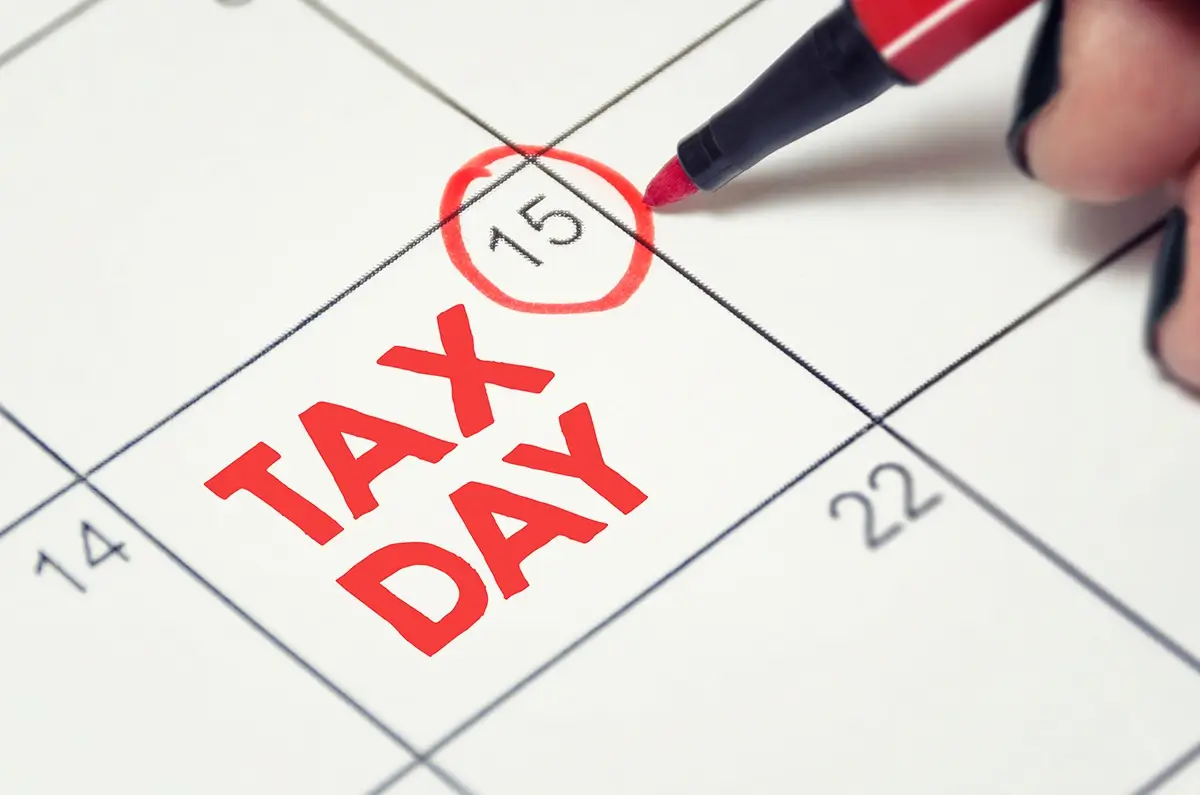Saving is difficult, no one is saying it isn’t and life often throws unexpected expenses at us. We all know it happens; the goal is to be prepared for those. By starting early and planning for emergencies you can hopefully have those contingency funds there when you need them.
The 50-30-20 rule is intended to help people manage and plan their after-tax income, allowing you to have funds on hand for emergencies and savings planned and set aside specifically for retirement. Prioritizing an emergency fund in case of job losses, unexpected medical expenses, or any other unforeseen monetary cost should be the first goal. If your emergency fund gets used, then your primary focus with your savings budget should be on replenishing it.
Let’s break down the 50/30/20 rule to understand what it means and what you should focus on.
The 50% represents your needs. Needs are the bills that you absolutely must pay and are necessary for basic survival. These would be things like your mortgage or rent, car and insurance payments, health care, groceries, minimum debt repayments and utilities.
The 30% represents your wants. Wants are things are not absolutely essential to survival. Eating out, entertainment (movies, games, Hulu), vacations, the latest in electronic gadgets, etc.
The 20% represents your savings. This is where you should try to allocate 20% of your net income to savings and investments. This includes adding money to an emergency fund in a bank savings account, making IRA contributions to a mutual fund account, and investing in the stock market. Savings can also include debt repayment. While minimum payments are part of the “needs” category, any extra payments reduce the principal and future interest owed, so they are savings.
Half of your income should be all you need to cover your needs and obligations, if you are spending more than this you should look at ways to cut this down. This includes cutting down your wants or downsizing your current lifestyle, can you get away with a smaller car or carpooling? Is taking public transportation an option, cooking at home instead of eating out, working out at home instead of paying for a gym. What else can you cut down on, sit down with all your expenditures and see where you can save money to ensure that you are capitalizing on making the most of building your future.











